The mission of the hired person is to work on the tasks of the IDEWA project (PCI2020-112043) focused on the study of drainage in irrigation areas at various spatial scales and to evaluate the impact of this drainage on the river flow and the water quality downstream. Remote sensing data and models will be used for this purpose.
Deadline for applications: Dec. 9, 2020, 11:59 p.m.
|
Title of the topic |
Study of the impact of irrigation on drainage and streamflow by means of a land-surface model (LSM). |
|
Host institution |
Ebro Observatory - Ramon Llull University. Roquetes (Tarragona Province), Spain. |
|
Supervisor |
Dr. Pere Quintana-Seguí (Observatori de l’Ebre-URL) |
|
Financial Framework |
PRIMA (http://prima-med.org) IDEWA project. Agencia Estatal de Investigación (AEI): PCI2020-112043 |
|
Salary |
The gross annual salary is 27.600,00 €. |
|
Duration of the contract |
Approximately 27 months with a trial period of 6 months. |
| Expected starting date | February 2021. |
|
Profile of applicant |
|
|
Description of the topic for the post-doc |
The mission of the hired person is to work on the tasks of the IDEWA project (PCI2020-112043) focused on the study of drainage in irrigation areas at various spatial scales and to evaluate the impact of this drainage on the river flow and the water quality downstream. Remote sensing data and models will be used for this purpose. The person hired will process data, carry out simulations, analyze the results, write reports and may write scientific articles, participate in international scientific conferences and make scientific stays in national and / or international research centers that participate in the IDEWA project. It would also be possible to carry out an international stay within the framework of the H2020 ACCWA project, if the evolution of the pandemic caused by the SARS-Cov-2 virus allows it. |
|
Description of the project |
Improving the sustainability and water productivity of irrigated land in the semi-arid areas of the Mediterranean basin is considered as a priority at the European level. The IDEWA project aims at improving the monitoring of drainage at integrated spatial scales over irrigated perimeters and assessing the impact of that drainage on the river flow and water quality downstream. Drainage of irrigated agricultural land is necessary to maintain irrigation activities by avoiding salt build up and water logging. But the water drainage also affects the quality of rivers by return flow. There is thus a crucial need to monitor drainage over irrigated areas and our project proposes an approach to fill this gap by using remote sensing data. The project will be implemented in two Mediterranean representative case and well-monitored study areas in the Ebro (Spain) and Tensift (Morocco) basins. In particular, the drainage retrieval approach will be tested over the Algerri-Balaguer district (A-B), where drainage is actually measured at an integrated spatial scale. Since the land consolidation twenty years ago, A-B has been drained by a network of constructed ditches and buried pipelines feeding a general outlet in a 3-meter deep well, which now allows for continuously monitoring the flow rate and electrical conductivity. This configuration, resembling a huge passive lysimeter of 3500 ha, thus represents a unique opportunity to develop and test the satellite-based drainage retrieval approach. Retrieving drainage from remote sensing is not an easy task since there is no direct measurement of soil water transfers from space. However, the water budget (WB) modeling can be constrained from Earth Observation (EO) in the various spectral bands. The remotely sensed crop evapotranspiration (ET), soil moisture (SM) and vegetation (VEG) water stress indices are useful for closing the WB of crops along the agricultural season. We plan to implement an interdisciplinary approach using the FAO dual crop coefficient (FAO-2Kc) based WB method and the SURFEX land surface model to estimate drainage at multiple (field, sub-basin and basin) scales. The WB model will provide actual drainage flow estimates over representative irrigated areas. The hydrological SURFEX model will provide information about the evolution of the water availability upstream and downstream those irrigated areas. Both modeling activities will join at the sub-basin scale where the WB estimates (including irrigation and drainage) will be used to calibrate and validate the hydrological model. The main idea is to assimilate remotely sensed SM, ET and VEG information in the land surface models. Moreover, the impact of drainage on ecosystems will be measured by remotely sensed water quality (WQ) indices. The Ebro Observatory will lead all the aspects related to irrigation modeling with SURFEX. IDEWA is an international project with partners from France, Spain, Italy and Morocco. |
|
Requirements |
To be admitted to this selection process, candidates must meet the following requirements on the deadline for submitting applications:
|
|
Applications |
Interested persons who meet the requirements, can request their incorporation into the offer by sending an e-mail to the electronic address The deadline for submitting applications is December 9, 2020 at 11:59 p.m. official time in peninsular Spain. With the application submitted to take part in this process, the candidate declares that he/she meets the requirements established in the THIRD section of the rules (see below), attaching the following documentation:
By submitting the application, applicants consent to the processing of personal data that are necessary to take part in this call and for the processing of the selection process, in accordance with current legislation. |
|
Complete rules |
The complete rules of this call can be found at: http://www.obsebre.es/images/oeb/pdfs/ca/Contractatacio/bases-contractacio-postdoc-IDEWA_signat.pdf |
|
Contact |
For any enquiry, please contact Dr. Pere Quintana-Seguí ( |
Personnel selection process
- 11/12/2020: Provisional list of admitted and excluded.
- 28/12/2020: Definitive list of admitted and excluded.
- 20/01/2021: Final Resolution.

